Lifestyle
20 Expert Tips for Successful Weight Loss After 50
By Jake Beardslee · August 15, 2024

Here are 20 expert tips to help you on your weight loss journey after 50: Kampus Production / Pexels
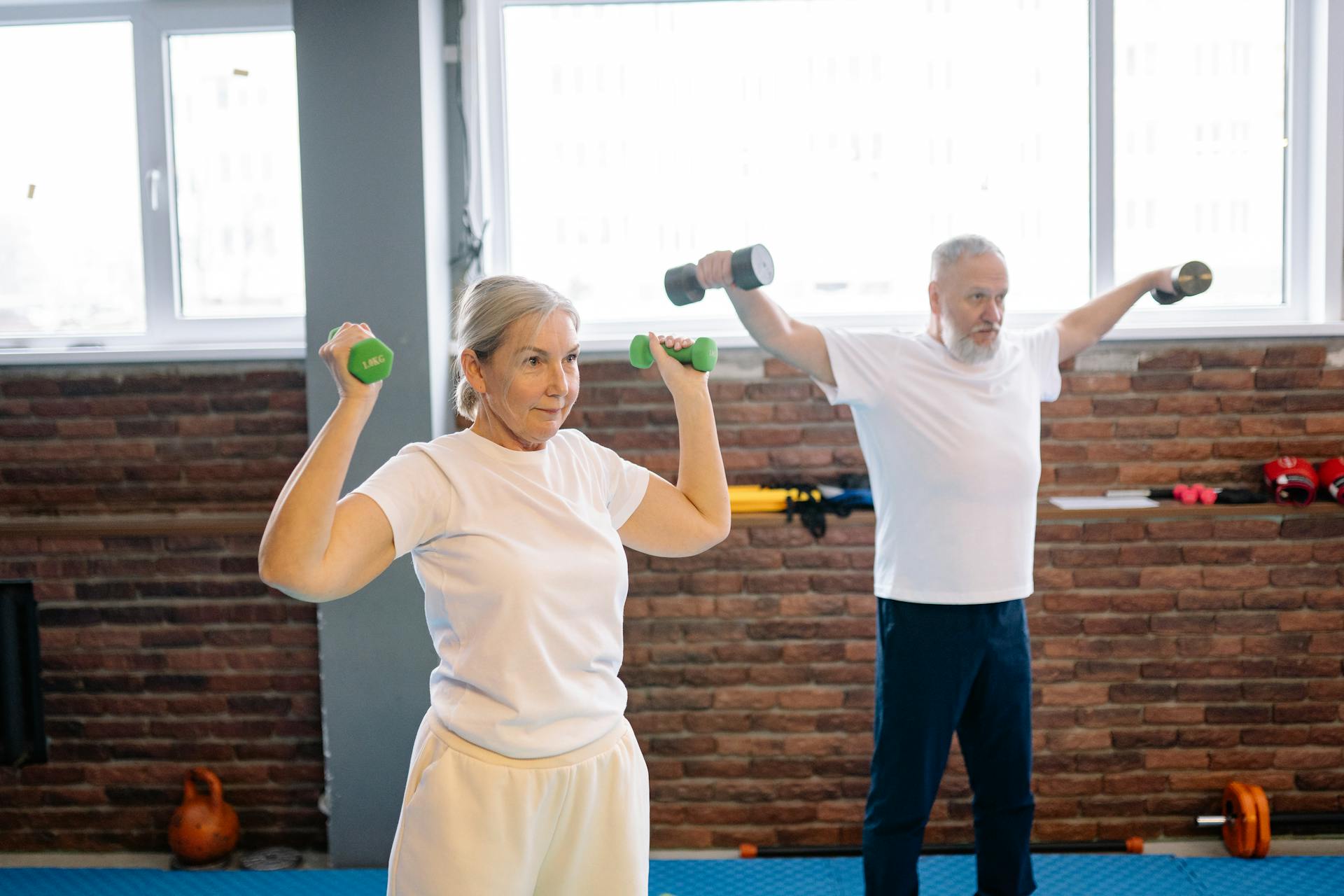
1. Embrace Strength Training
By age 50, muscle mass has typically decreased by about 10%. Strength training can help counteract this loss by building muscle, which boosts metabolism. Aim for two to three sessions per week, incorporating weight lifting or resistance exercises to maintain and build muscle mass. Women 50+ reap equal benefits from strength training as men. Yan Krukau / Pexels
2. Follow the 200-Calorie Rule
As you age, your daily caloric needs decrease. To adjust, cut approximately 200 calories from your daily intake. Use a calorie-counting app to track your consumption and combine this with regular strength training to maximize weight loss. Askar Abayev / Pexels
3. Stay Hydrated
Proper hydration is crucial for overall health and weight management. Drinking water boosts metabolism and helps in converting food into usable energy. Aim for eight glasses of water daily and consume foods with high water content like fruits and vegetables. Lisa Fotios / Pexels
4. Incorporate Cardio Exercises
Cardio exercises are essential for maintaining heart health and burning calories. Aim for at least 150 minutes of moderate-intensity cardio per week, such as brisk walking, to complement strength training and support weight loss. Barbara Olsen / Pexels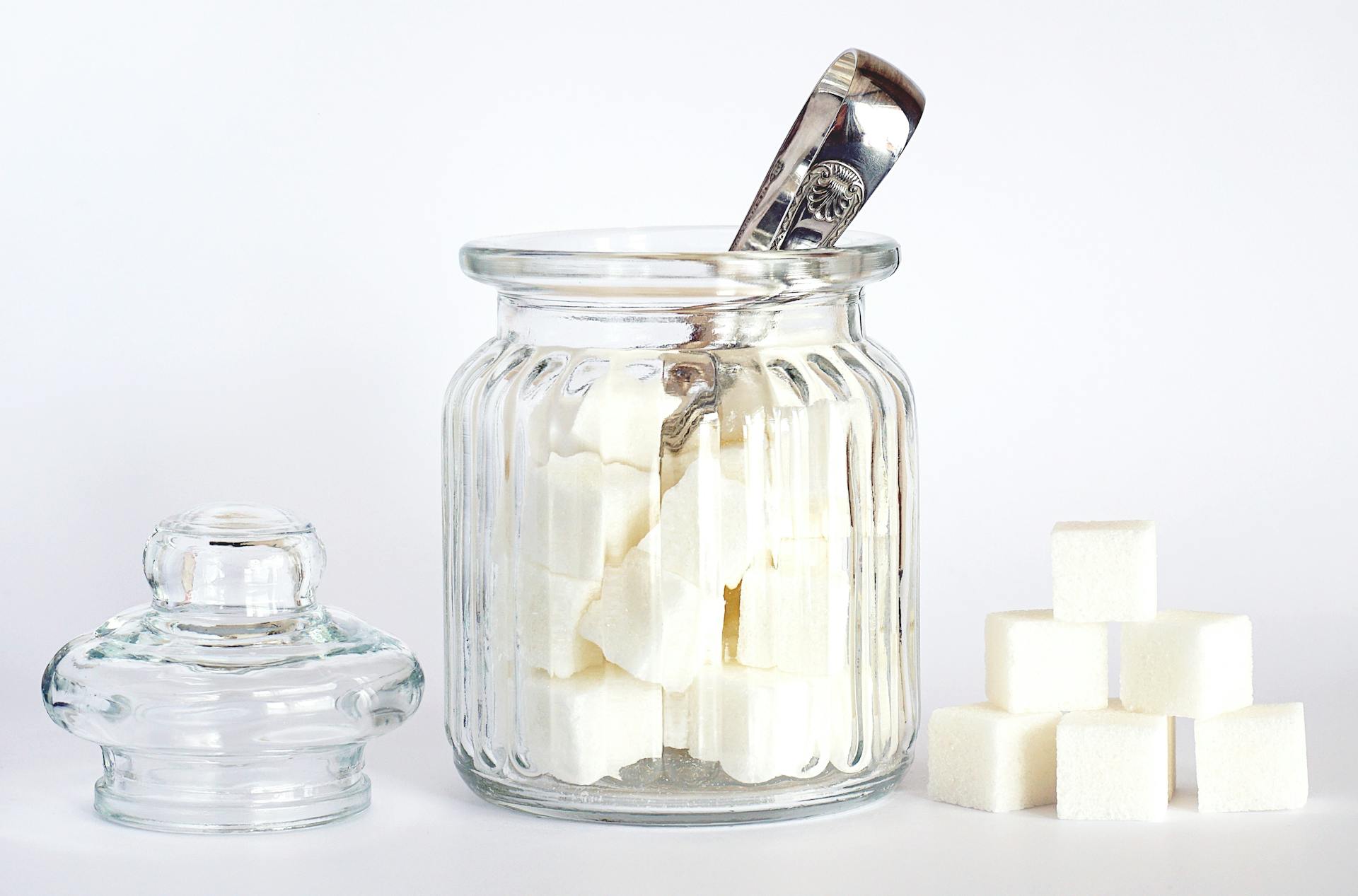
5. Reduce Sugar Intake
Cutting back on sugar can significantly aid weight loss. Excess sugar, especially in older adults, can lead to belly fat and insulin resistance. Focus on reducing sugary snacks and beverages to help manage your weight. Suzy Hazelwood / Pexels
6. Avoid Late-Night Snacking
Eating late at night can disrupt your metabolism and increase fat storage. Try to finish your meals earlier in the evening to enhance calorie burning and prevent weight gain. Askar Abayev / Pexels
7. Review Medications
Some medications can cause weight gain. If you're struggling to lose weight, one option is to consult your doctor to see if your medications might be contributing and if there are alternative treatments available. Polina Tankilevitch / Pexels
8. Get Adequate Sleep
Lack of sleep can lead to weight gain by increasing appetite and cravings for high-calorie foods. Aim for consistent, restful sleep (7-9 hours) to regulate hunger hormones, support weight loss, and maintain overall health. furkanfdemir / Pexels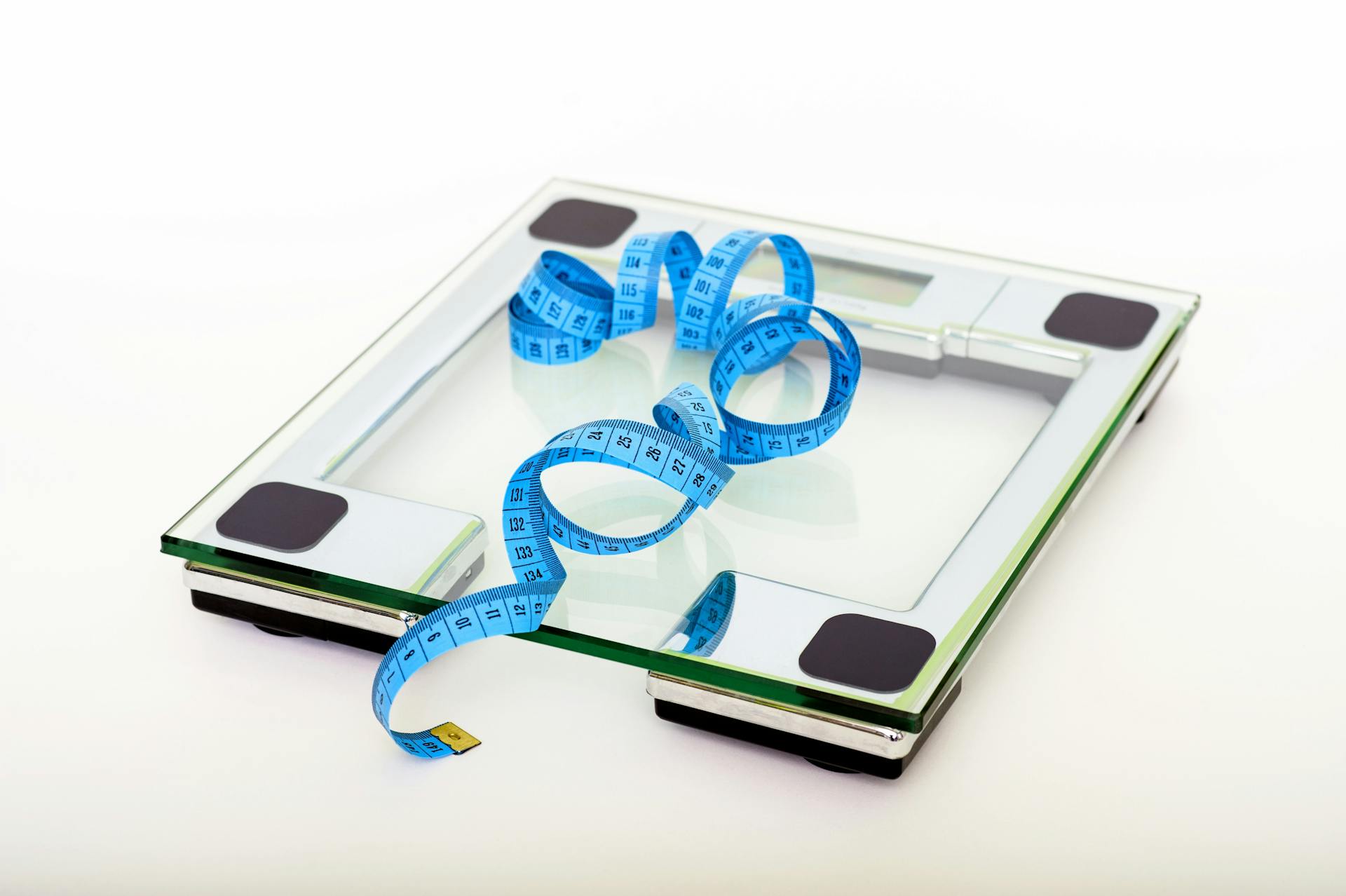
9. Weigh Yourself Regularly
Regular weigh-ins can help you track progress and stay motivated. Choose a consistent time each day or week to weigh yourself and monitor your weight loss journey. Pixabay / Pexels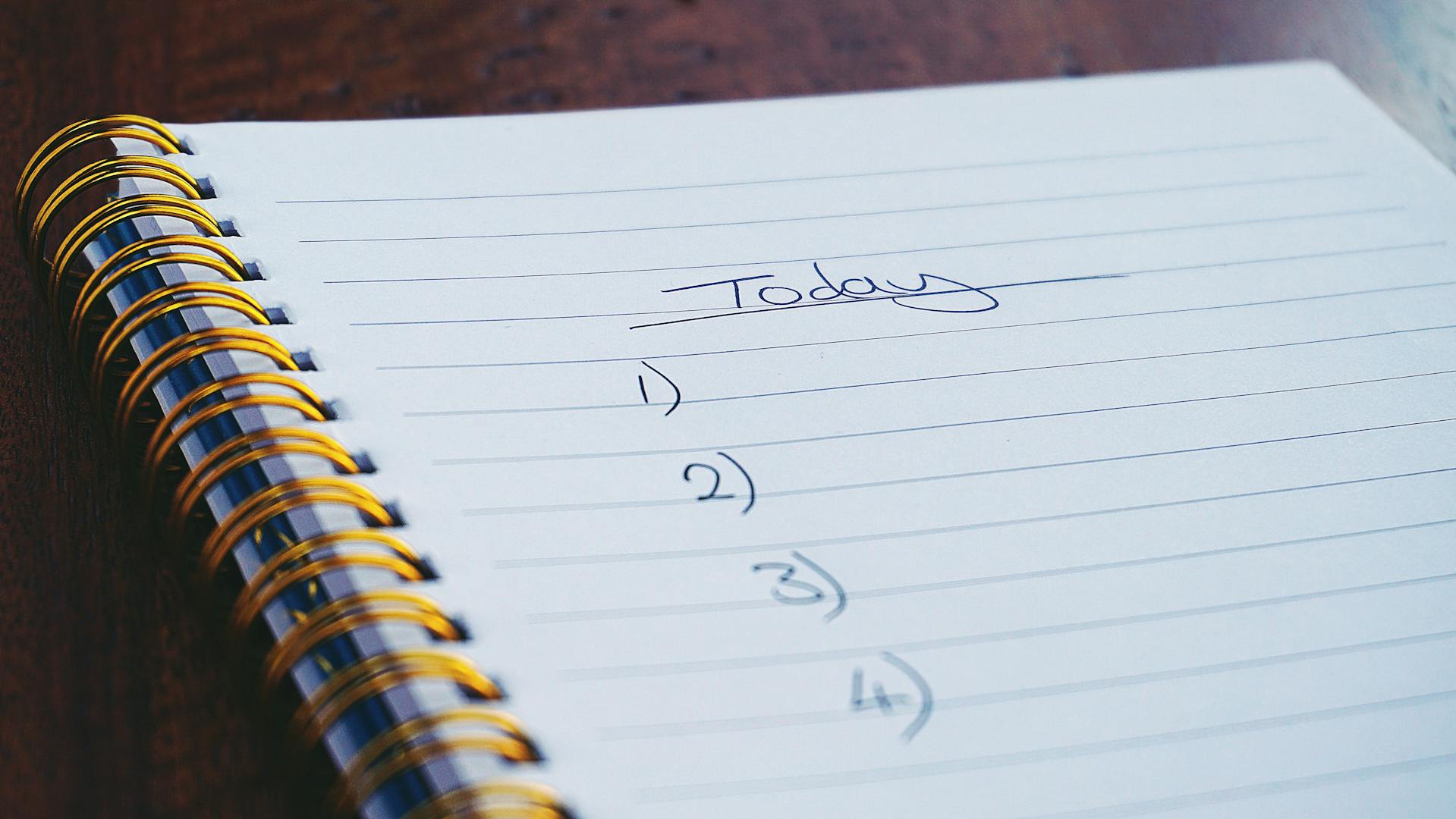
10. Set S.M.A.R.T. Goals
Setting Specific, Measurable, Attainable, Realistic, and Time-bound (S.M.A.R.T.) goals can increase your chances of success. Define clear, achievable objectives and track your progress regularly. Suzy Hazelwood / Pexels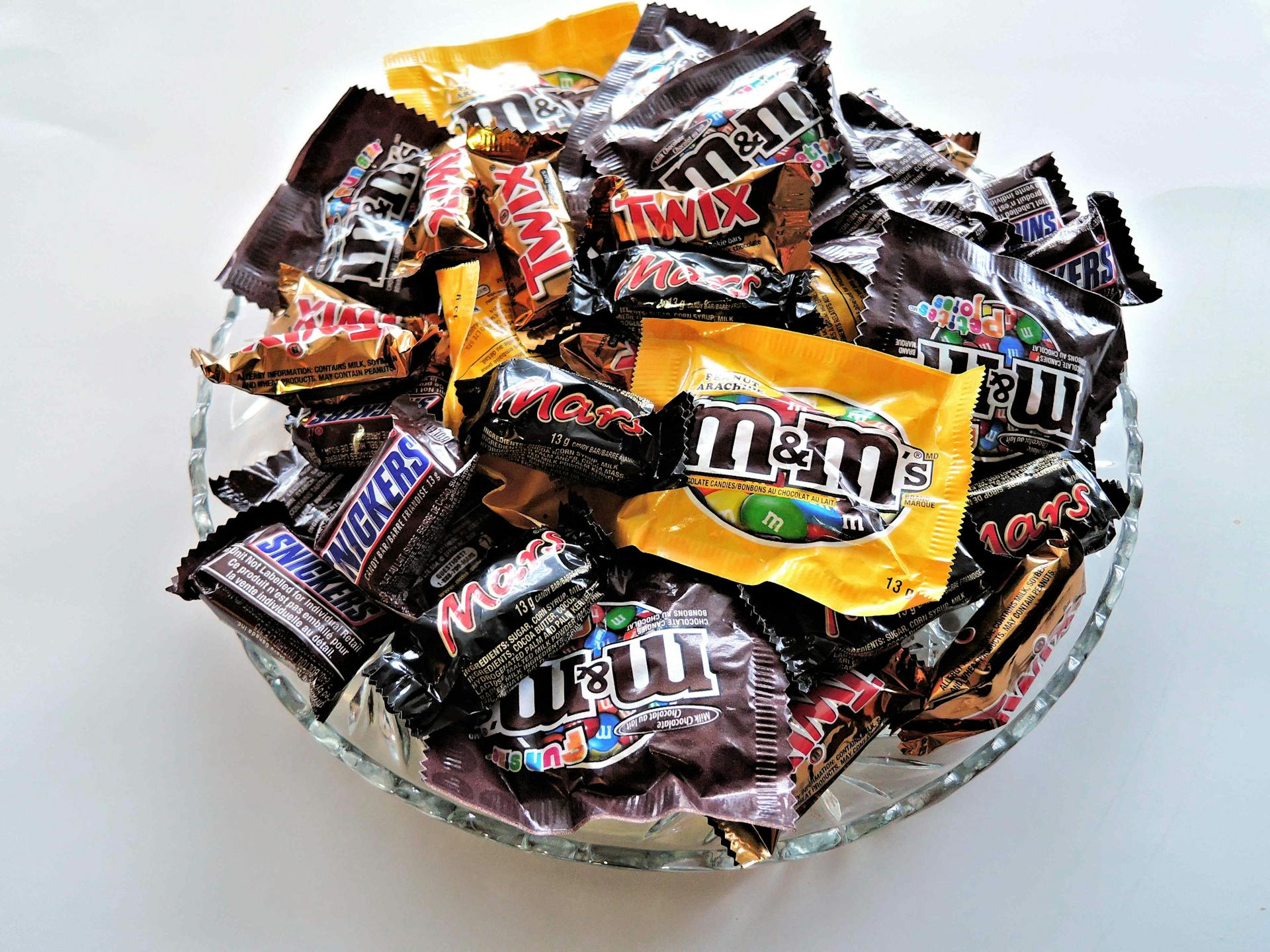
11. Avoid Ultra-Processed Foods
Ultra-processed foods are often high in calories and low in nutrients. Opt for whole foods like fruits, vegetables, lean meats, and whole grains to support weight loss and overall health. Pixabay / Pexels
12. Make Exercise Routine Excuse-Proof
Choose a gym close to home, find a workout buddy, or hire a personal trainer to stay accountable. Scheduling workouts like any other important appointment can help ensure consistency. Yan Krukau / Pexels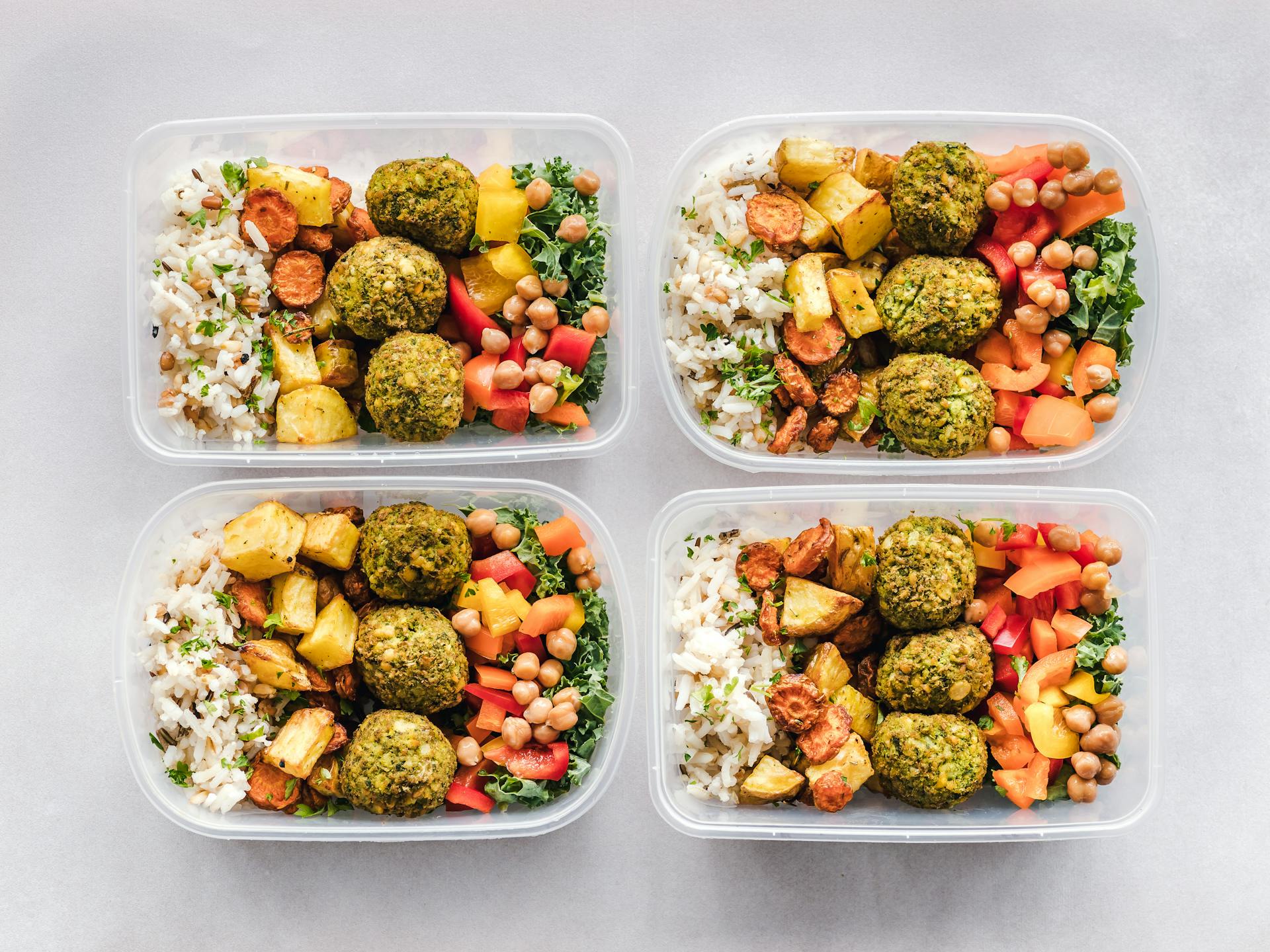
13. Prepare Meals in Advance
Meal prepping can help you stick to a healthy eating plan. Spend a few hours each week preparing nutritious meals that can be easily reheated throughout the week. Ella Olsson / Pexels
14. Try High-Intensity Interval Training (HIIT)
HIIT alternates between low and high-intensity exercises, boosting metabolism more effectively than moderate-intensity workouts alone. Incorporating HIIT into your routine can enhance calorie burning. Yan Krukau / Pexels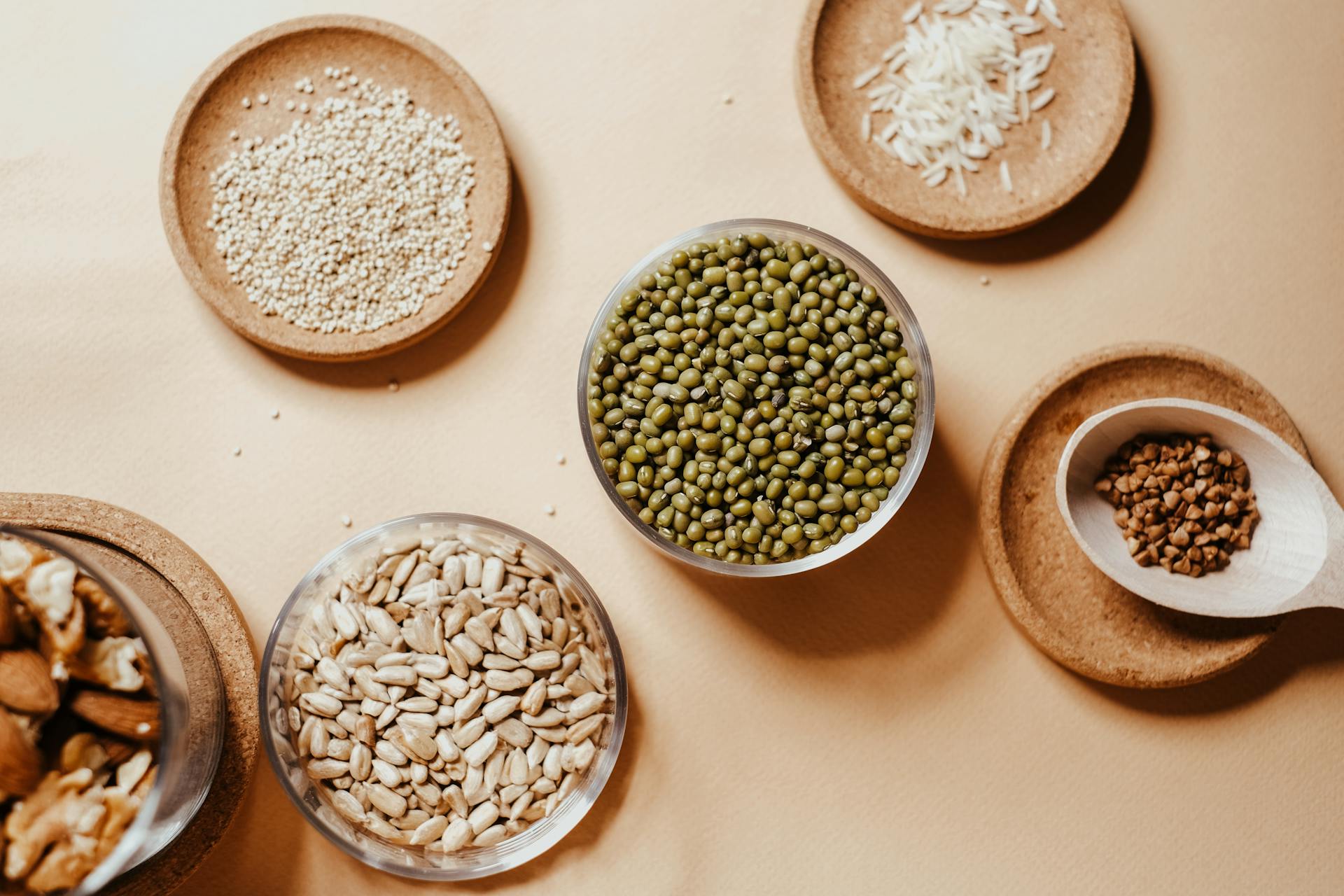
15. Eat Whole Grains
Whole grains like oats, quinoa, and brown rice take more energy to digest, helping burn extra calories. Swapping refined grains for whole grains can support weight loss efforts. Vie Studio / Pexels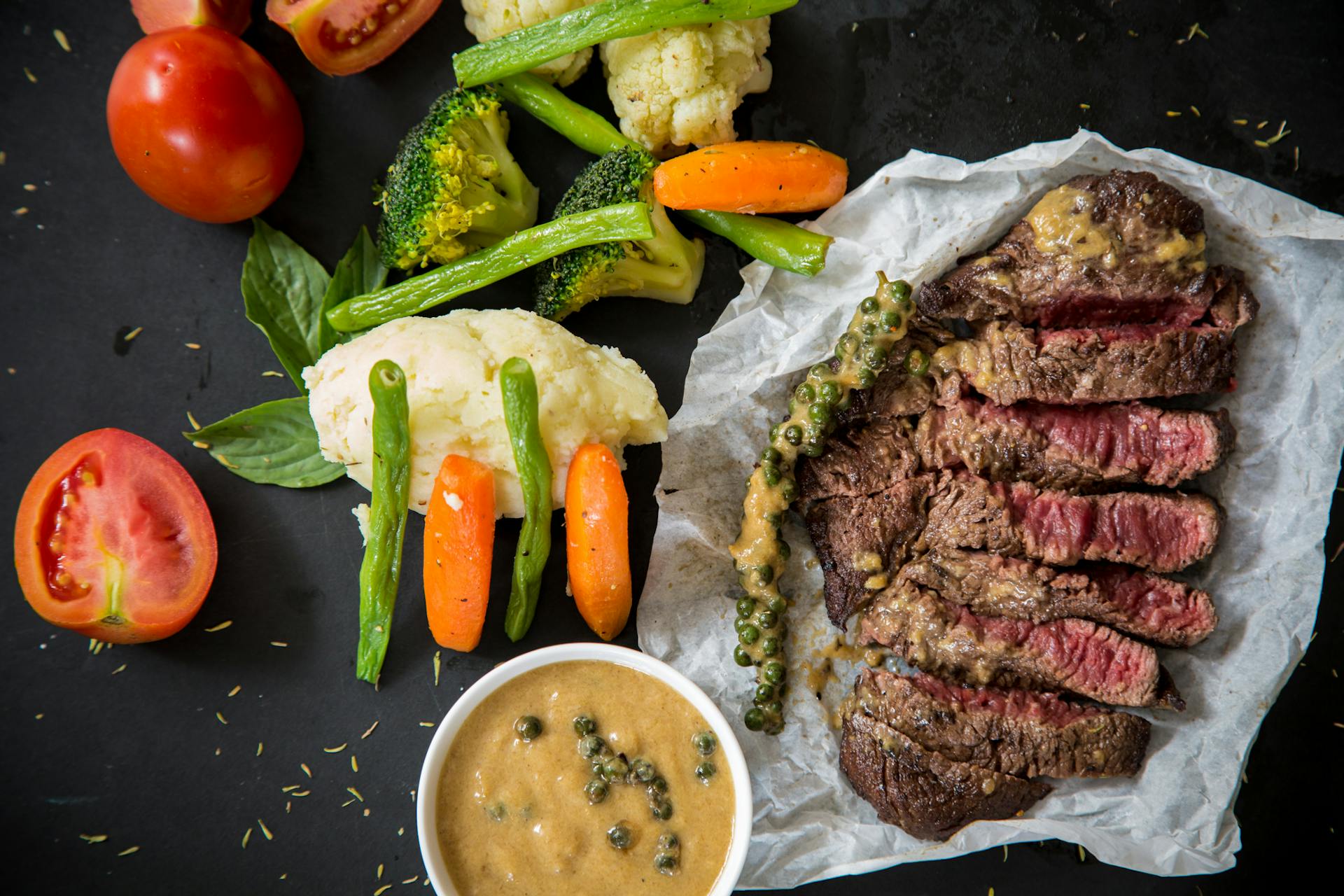
16. Increase Protein Intake
Adequate protein intake is essential for maintaining muscle mass, especially as you age. Include high-quality protein sources like eggs, lean meats, and supplements in your diet to support muscle maintenance and metabolism. Malidate Van / Pexels
17. Sit Less
Reducing sedentary behavior can aid weight loss. Incorporate more movement into your day, such as walking or standing activities, to burn additional calories. cottonbro studio / Pexels
18. Eat Until Satisfied, Not Full
Practice mindful eating by stopping when you're 80% full. This approach, known as "hara hachi bu," helps prevent overeating and promotes better weight management. cottonbro studio / Pexels
19. Maintain Metabolism
Although metabolism slows slightly with age, maintaining muscle mass through strength training can help keep it steady. Adjust your diet and exercise routines to accommodate these changes and prevent weight gain. RDNE Stock project / Pexels
20. Rethink Happy Hour
Alcohol can increase appetite and calorie intake. Limiting alcohol can help you stick to your weight loss goals and avoid excess calorie consumption. Helena Lopes / Pexels